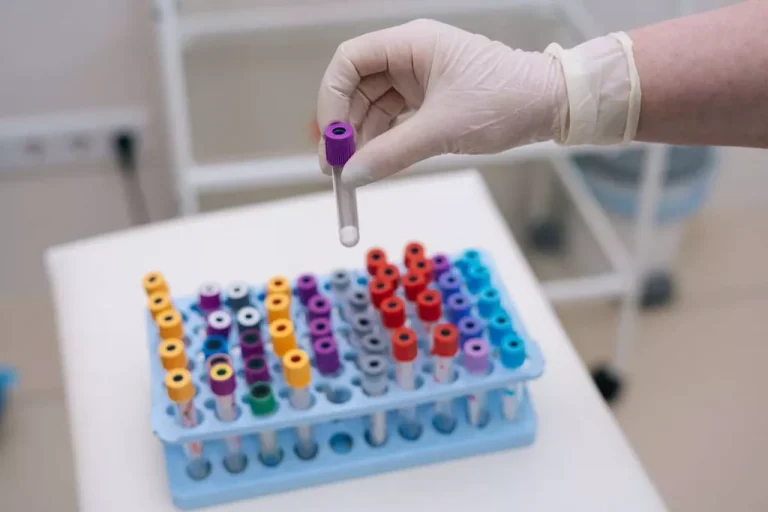Are people more honest when they’re drunk?
Yes, individuals using Medication-Assisted Treatment (MAT) can be considered sober. MAT is a legitimate medical treatment for addiction, involving medications sober alcohol meaning that help manage cravings and withdrawal symptoms. Sobriety with MAT is about using these medications responsibly as part of a comprehensive treatment plan.
Can you be sober and still drink?
Maybe you discovered moderation wasn’t for you after flirting with the sober curious lifestyle. Many sober curious people who notice troubling patterns in their alcohol use find that a few weeks or months of sobriety helps them practice more moderate and mindful drinking going forward. With the advent of the “sober curious” movement, more companies, restaurants, and bars have been offering various non-alcoholic drinks and mocktails that are tasty and appealing alternatives to alcohol. You might also prefer to drink coffee, tea, a seltzer with fresh fruit, or a soda with fresh lemon or lime.
FC Barcelona Has New Signing Confirmed Out Of Transfer Window
Show support by asking about new skills they learn or milestones they reach, like creating a fancy dish or participating in a 5K. In the meantime, there are a few things you can do to support them. “Given that relapse is a process, it can be identified and interpreted https://ecosoberhouse.com/ before use happens,” she says. Expressing your emotions might seem tough or impossible, which can lead to further frustration. Since these tests rely on cooperation of the subject, the final result often depends on the presiding officer’s interpretation.
Relationships with Family and Friends
Whether you feel you may be abusing alcohol, or you consider yourself a social drinker, you may be displaying signs of alcohol abuse such as binge drinking which can lead to more serious issues in the future. Some may wonder if quitting drinking is even worth it—especially if they’ve never experienced a serious consequence from drinking—such as a DUI, a major health crisis, or the breakdown of a personal relationship. If you’re a heavy drinker, it’s important that you stop drinking under the care of your doctor or an addiction specialist. It’s likely that you’ll experience some withdrawal symptoms, especially if you’ve developed a dependency on alcohol. Addiction support groups and recovery programs like Alcoholics Anonymous (AA) consider emotional sobriety a key component of maintaining the self-control to keep yourself from drinking alcohol long-term. Depending on whether you’re a light or heavy drinker, your strategy around cutting back will be different.
It’s more about being mindful of alcohol’s impact on your mind and body and making informed decisions about its place in one’s life for health reasons. According to a study published in JAMA Pediatrics in 2020, the percentage of college students aged 18 to 22 in the United States who stated that they refrained from drinking alcohol rose from 20% in 2002 to 28% in 2018. Being sober generally means abstaining from substances that cause intoxication, but it’s possible to be sober yet still engage in addictive behaviors. Sobriety often involves a deeper journey beyond mere abstinence, addressing underlying issues and patterns of behavior. It’s about cultivating a lifestyle that supports wellness and avoids any form of addiction, whether to substances or behaviors like gambling or overeating.
It refers to the ability to experience, understand, and effectively manage emotions without resorting to substance use. Emotional sobriety involves developing coping mechanisms and emotional resilience, allowing individuals to handle life’s ups and downs in a healthy, balanced way. Helpful tips for staying sober, as identified in scientific research, include participating in Alcoholics Anonymous (AA) and Twelve-Step Facilitation (TSF) programs. The research indicates that 42% of participants in AA remain completely abstinent one year later, higher than the rate for those receiving other types of treatments. Other studies suggest that roughly 50% of individuals who complete addiction treatment programs remain abstinent for a year, and this number increases with time and ongoing treatment. Finally, if you’ve tried self-help strategies and find yourself not able to fully quit drinking, it may be time to seek professional help.
Avoid Old Habits and Toxic Relationships
- Once you have surpassed all the obstacles, you’re a new clean, and sober individual.
- There’s no one-size-fits-all approach to stopping alcohol use and treating alcohol misuse, but no matter how severe the issue may seem, recovery is possible for every person.
- The good news is most Americans are cutting on alcohol this year, starting with a dry January.
- Their process of getting sober will depend on numerous factors, including the severity of drug or alcohol use disorder and long-term goals of sobriety.
Supporting a loved one
- Plus, if you’ve done things while drinking that harmed you or people you love, you may also carry some pain and have plenty of sharp words for yourself.
- However, I was ready to hear their concerns and fears genuinely, and after four years of trying to control my drinking, had finally accepted that I was an alcoholic.
- Keep in mind that relapses are a normal, common part of recovery.
- She has experience covering all things health, fitness, nutrition, and wellness and adheres to the highest journalistic standards.
- You may not feel a need to quit entirely, but you think taking a break might help you find more productive ways of managing challenges.





دیدگاه خود را ثبت کنید
تمایل دارید در گفتگوها شرکت کنید؟در گفتگو ها شرکت کنید.